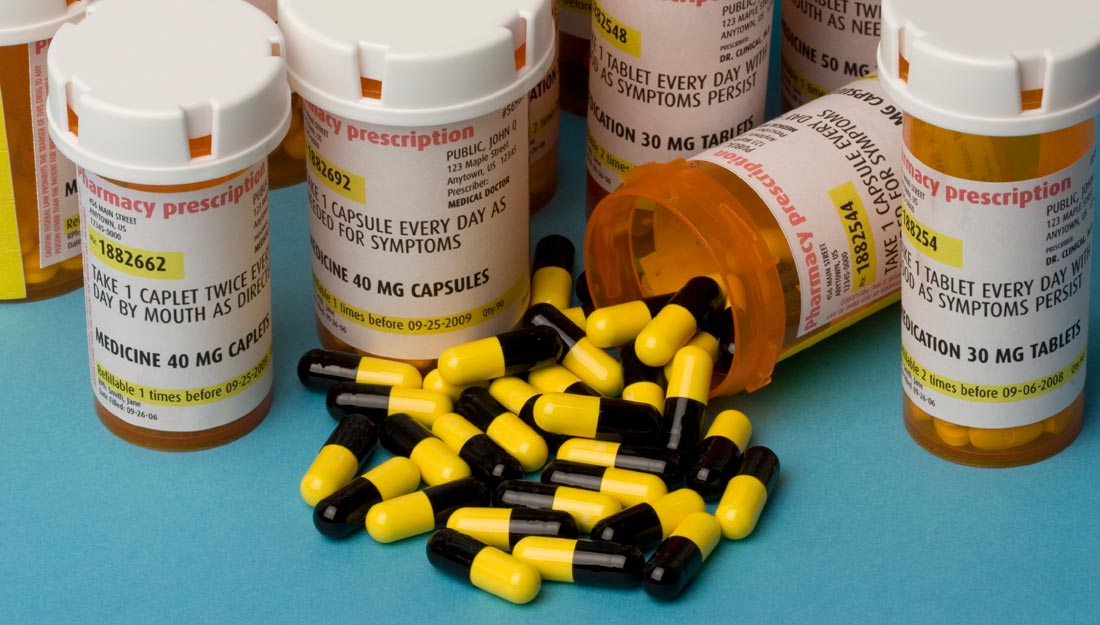Heart medications: What you may not know about side effects in the mouth

For individuals living with cardiovascular disease or high blood pressure and cholesterol, consistent use of heart medication can be a literal life saver. Perhaps a not-so-well-known fact is that these types of drugs don’t just impact the cardiovascular system.
While the mouth and gums are not intended targets, Terry Rees, D.D.S., M.S.D., a periodontist who is professor and director of the Stomatology Center at Texas A&M University Baylor College of Dentistry, routinely diagnoses and treats burdensome oral conditions that occur as a side effect of heart medication. Some of the usual villains are gum overgrowth, altered taste sensation and burning mouth.
That’s bad news for the 49 percent of Americans living with at least one risk factor for heart disease – according to the Centers for Disease Control and Prevention – including millions who are already on heart medication.
The good news is that there are ways to combat the onset of painful and irritating symptoms in the mouth.
“Classic heart medications like the calcium channel blockers used to treat hypertension and heart disease can lead to drug-induced gum overgrowth,” Rees says, “but meticulous dental hygiene and periodontal health will help prevent it.”
A patient who experiences the condition can try changing medications if the cardiologist approves.
“Otherwise the option is to remove the excess gum tissue to allow the patient to be more effective when they brush and floss. This helps prevent recurrence of the overgrowth,” says Rees, who adds that antibacterial products and a water irrigator may help fight infection.
Some blood pressure medications are a culprit in what patients report as dry mouth, altered taste sensation or ‘burning mouth,’ according to Rees.
“Patients typically describe altered taste sensation as a metallic or salty taste or an abnormal response to sweets,” Rees says. “Usually it is older females who mention burning mouth to me; most often on the tongue or roof of the mouth, but sometimes all over.
“If medications are causing the problem, we may be able to offer the patient some relief by collaborating with their physician.” Rees adds that many patients experience no severe side effects from heart medications other than a slight reduction in salivary flow.
“However, for some people over 50 who are taking medications to stay alive, you can’t just take them off the meds to see if that’s what is causing the problem,” notes Rees. “Therefore, you treat the symptoms to make the patient feel better, but the problem does not go away entirely.”
Rees advises many patients that lifestyle modifications can enhance both oral health and heart health.
“There is some evidence to suggest that periodontal (gum) disease may be a low-level risk factor for heart disease,” says Rees. “However, a cause-and-effect relationship has not been firmly established because some risk factors for heart disease — smoking, excessive use of alcohol or illicit drugs, high cholesterol levels, obesity and diabetes — are also risk factors for periodontal disease.
“Both heart disease and periodontal disease are inflammatory processes, and you should treat both. Gum health is important to overall health.”
Media contact: media@tamu.edu


